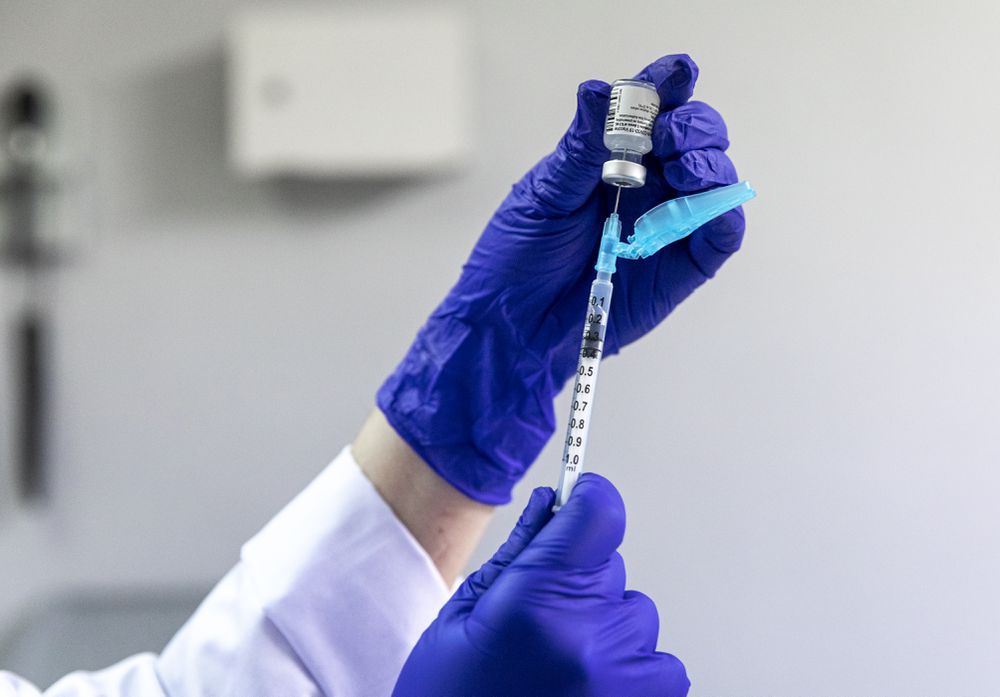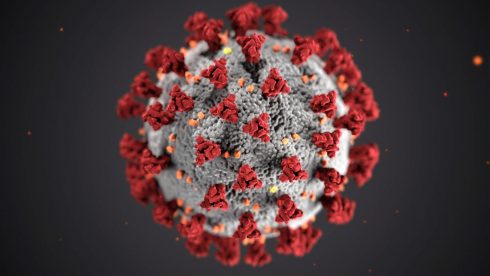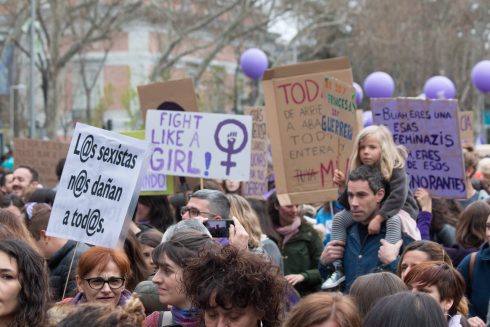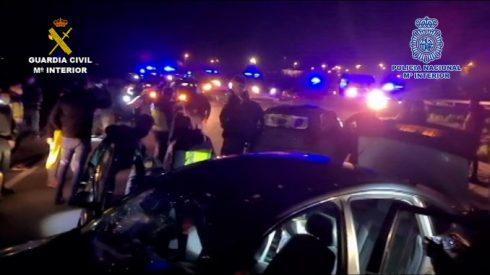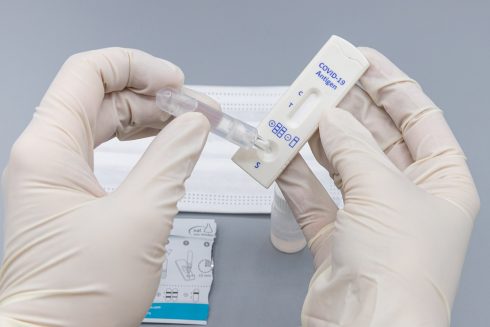THE Spanish Health Ministry has added new vaccination groups to its immunisation strategy, giving people a better idea of when they will be inoculated and with which vaccine.
Published on February 26, the latest Estrategia de vacunacion includes nine groups, with some of these divided into subgroups, which have been organised according to vulnerability and potential exposure to the virus.
Notably, Group 4 – Grandes dependientes – refers to people who require ‘intense measures of support’, but do not live in a care home, as well as their carers, whether professional or not. Included in Group 6 – those with an ‘essential societal function’ – are army personnel, firefighters, police officers, and the like.
None of the nine groups encompass the healthy under-45s, who will presumably fall under the category of ‘rest of the population’ once the vaccination campaign has reached that stage.
Although the three vaccines currently available in the EU – Pfizer, Moderna and AstraZeneca – have all ‘shown adequate levels of efficacy and security’, Spain only plans to administer the AstraZeneca jab to those under 56 years of age.
This is due to a lack of data on its effect on the elderly, and is a precaution that many countries have taken, even though the European Medicines Agency has recommended the vaccine for people of any age.
While it is still unclear whether those who have been immunised can pass on the virus, the vaccines appear to be having a marked effect on combating the potency of COVID-19.
In Scotland, for example, a study awaiting peer review has found that the effectiveness of the Pfizer and AstraZeneca vaccines in preventing hospitalisations 28-31 days after receiving the inoculation is 85% and 94% respectively.
The Johnson & Johnson jab, which allegedly provides immunisation in a single dose, is expected to be given the green light by the EU in March.
Click here to read more Coronavirus News from The Olive Press.

